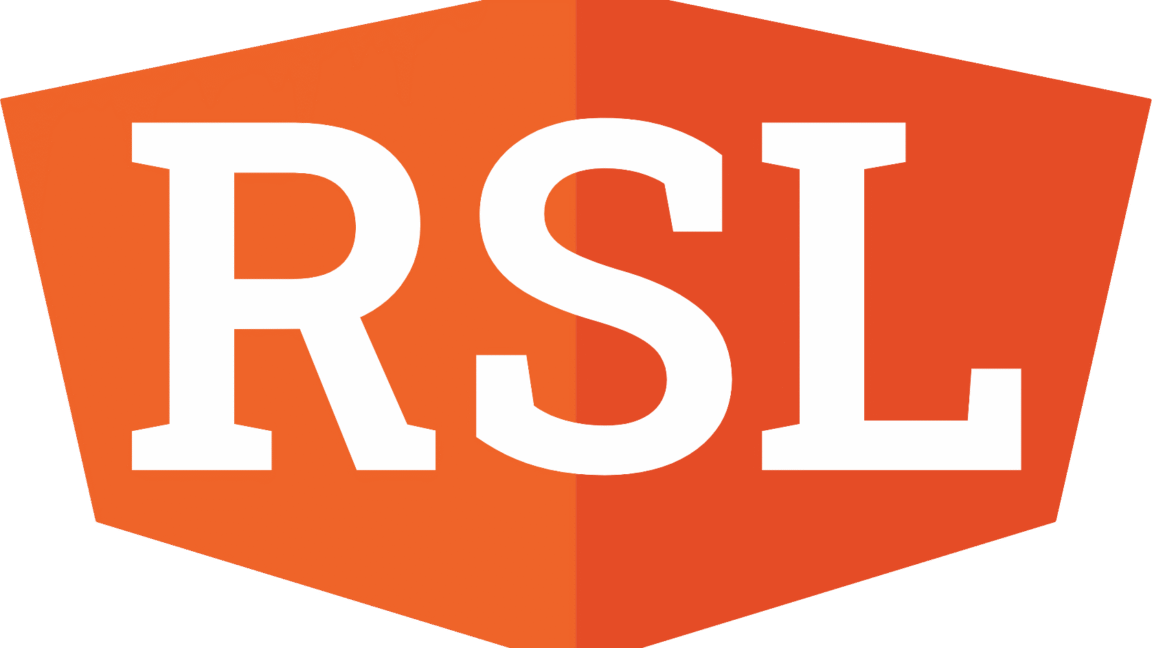Introduction to Healthcare AI
Healthcare organizations are increasingly adopting artificial intelligence (AI) to improve patient care and streamline clinical workflows. A recent report by KLAS Research provides insights into the current state of AI adoption in healthcare, highlighting the most common use cases, challenges, and future investment plans.
Why AI Matters in Healthcare
Departmental adoption is the most common strategy healthcare organizations are taking to implement AI systems, which helps balance financial constraints and workforce limitations. According to the KLAS Healthcare AI 2025 report, AI is featured in the majority of current conversations around healthcare and is being integrated into many healthcare solutions.
Common AI Use Cases in Healthcare
Some common use cases for AI in healthcare include:
- AI-driven analytics for patient engagement
- AI imaging analysis to support diagnosis
- Deep learning to understand patterns to support diagnosis and treatment planning
- Generative AI for ambient speech tools that reduce documentation burden
- Machine learning for risk analyses and predictive use cases
- Natural language processing of medical records for faster surfacing of relevant patient data
Current Adoption and Future Plans
AI is also used for clinical trial matching, surgical systems, and robotic prosthetics, as well as in revenue cycle management. Executives, directors, and managers are most likely to use AI directly in their work. Electronic health record vendors, such as Epic, Microsoft, and Oracle Health, play a key role in AI expansion across healthcare operations.
Investment Plans and Partnerships
Respondents indicated that their organizations would continue to invest in AI with strategic partners. The priority for most is establishing strong AI governance structures to balance innovation with regulatory compliance and vendor capabilities.
The Larger Trend
The use of health AI has been growing, with healthcare organizations generating excitement about generative AI. Since 2023, uses in healthcare IT have prompted KLAS to add several new categories related to AI for its Best in KLAS 2025 report.
On the Record
Healthcare organizations commonly worry about being behind in the use of AI, but the reality is that most organizations are still early in developing their AI strategy, figuring out which AI solutions to use, and building governance around the AI tools they are implementing.
Conclusion
In conclusion, AI is becoming increasingly important in healthcare, with many organizations adopting AI systems to improve patient care and streamline clinical workflows. As the use of health AI continues to grow, it is essential for healthcare organizations to establish strong AI governance structures and invest in strategic partnerships to balance innovation with regulatory compliance.
FAQs
- Q: What is the most common strategy for implementing AI in healthcare?
A: Departmental adoption is the most common strategy for implementing AI in healthcare. - Q: What are some common use cases for AI in healthcare?
A: Common use cases for AI in healthcare include AI-driven analytics, AI imaging analysis, deep learning, generative AI, machine learning, and natural language processing. - Q: Who are the key players in AI expansion across healthcare operations?
A: Electronic health record vendors, such as Epic, Microsoft, and Oracle Health, play a key role in AI expansion across healthcare operations. - Q: What is the priority for most healthcare organizations when it comes to AI adoption?
A: The priority for most healthcare organizations is establishing strong AI governance structures to balance innovation with regulatory compliance and vendor capabilities.











